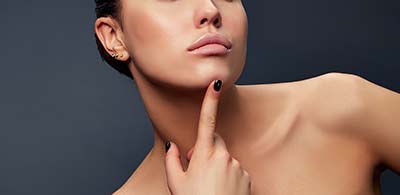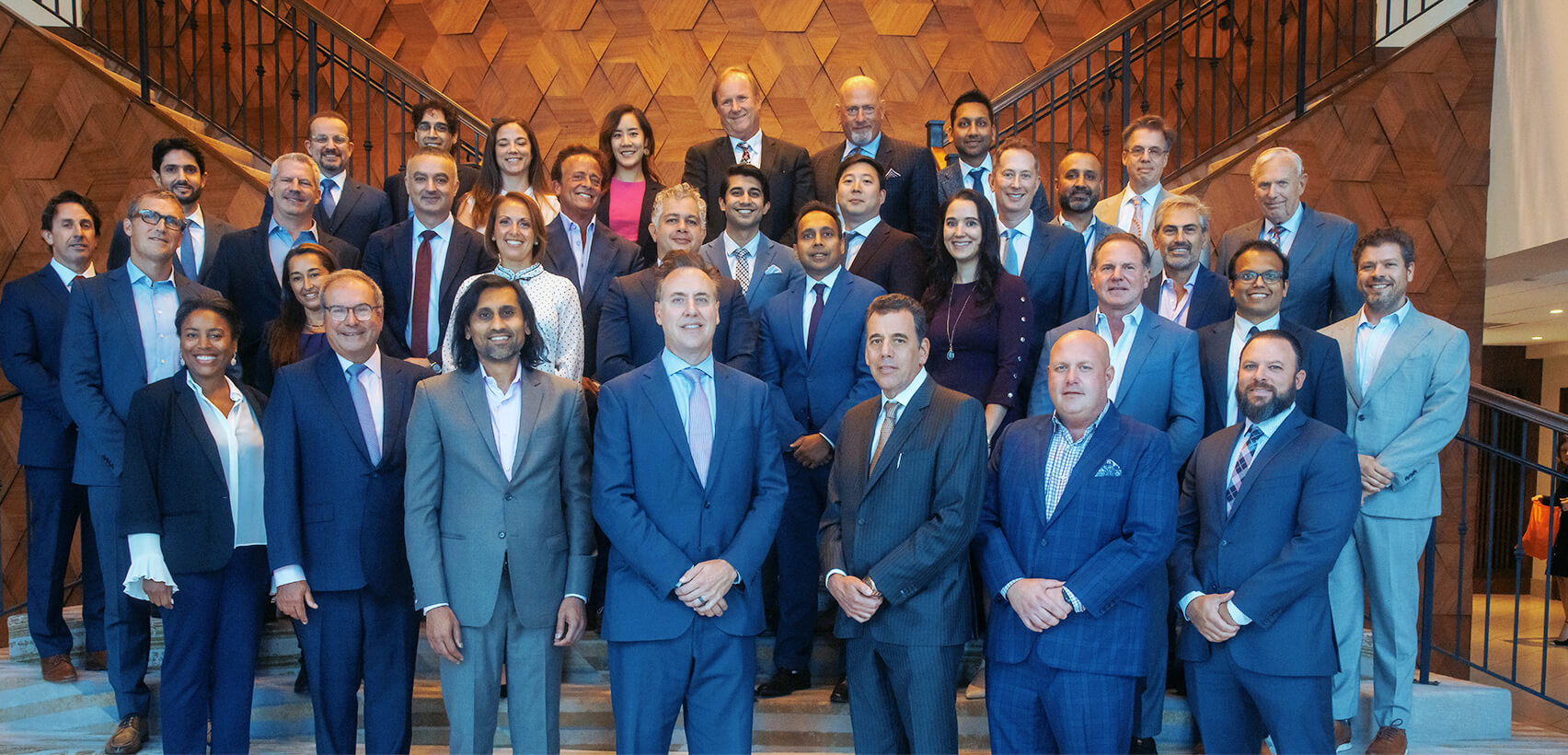Does Getting the COVID-19 Vaccine Affect Facial Fillers?

The COVID-19 vaccine is a hot topic recently, with many people either trying to register for vaccine appointments or waiting eagerly until they are eligible to receive the vaccine. As the vaccines are continuing to be studied, many recipients have reported an array of typical side effects, some being:
-Pain at the injection site
-Fatigue
-Headache
-Muscle pain/ body aches
-Chills
-Fever
-Nausea
In addition, some information began circulating online and on social media about vaccine recipients who had facial fillers such as Juvéderm or Restylane (in the lips, cheeks, tear trough, etc.). Some of them had experienced noticeable facial and/or lip swelling after having the vaccine. Many patients of cosmetic surgery practices began worrying- is this true? They were unsure if they should get the vaccine or not, for fear that they would experience a similar reaction. Some also believed it was a myth and nothing to worry about.
Many women and men safely get facial fillers regularly with a trained plastic surgeon. These fillers work to soften their appearance and combat signs of aging. Injectable fillers, just like Botox (a neurotoxin), have gained popularity over the years and offer a great solution for anyone seeking a non-surgical treatment option for loss of volume or aging lines in the face.
Fact or Myth?
According to a recently published article in Facial Plastic Surgery & Aesthetic Medicine, three people who received the Moderna vaccine who had facial fillers, experienced effects afterwards. Two of these recipients experienced effects that were classified as “severe adverse events.” The first patient had received filler injections six months prior, the other two weeks prior to receiving their vaccine. Both of these patients experienced swelling, and one also experienced severe redness in the under-eye area where she had tear trough filler. The third patient’s case was categorized as “significant” but not severe and included angioedema (swelling) of the lips. It was unknown how recently this patient received lip injections, but they had also reported a swelling reaction from flu shots they received in the past. According to the Archives of Dermatological Research, the reactions were deemed DIR (delayed inflammatory reactions) from hyaluronic acid fillers.
The incidents that have been reported are very rare, and facial swelling reactions have been mild and quick to respond to treatment. None of the reported cases were considered to be life-threatening, and there have been no long-term complications observed in those who experienced facial swelling after receiving the COVID-19 vaccine.
“It has not been surprising to us that there is some association with the Covid vaccination and post-filler injection swelling.” Says Dr. Ritwik Grover of The Plastic Surgery Center in Whitehall, PA, “The Covid-19 vaccine elicits a strong immune response in a healthy patient. This causes the immune system to be on high alert. And while there will always be some temporary swelling with filler injection, an immune system on high alert can greatly exaggerate its swelling and inflammatory response.”
How are facial filler reactions from the COVID-19 vaccine treated?
If the swelling doesn’t subside on its own within a few days, oral antihistamines and steroids may be used. Severe reactions are treated with prednisone, a steroid that is commonly used to treat inflammation, and was prescribed to these patients for two weeks. It is also important to note that only three trial participants out of 15,184 experienced these reactions.
Should people with facial fillers get the vaccine?
Yes! Because the reactions are rare, and do not last a long time, it is still recommended for people with facial fillers to get vaccinated if they wish to receive the vaccine. According to the Cleveland Clinic, some plastic surgeons and dermatologists recommend patients hold off on getting fillers two weeks before their vaccine and wait two weeks after their vaccine to be on the safe side. Of course, we recommend speaking to your board-certified plastic surgeon as well as your primary care physician before making any decisions pertaining to your health. “It is best to give 3 to 6 weeks before and after the vaccination for the body to calm its inflammatory state and allow the filler to be injected ‘unnoticed’, so to speak,” Dr. Ritwik Grover says, “swelling, although often thought of as a bad thing, is also the sign of a healthy body functioning the way it should be. And while swelling almost always subsides with time, visually and psychologically it can be concerning to patients. Ultimately, filler injection is safe in almost all circumstances, but for the sake of convenience, ease of mind, and minimal down time, it should not be injected immediately before or after the time of Covid vaccination.”
Awards, Certificates, & Associations

